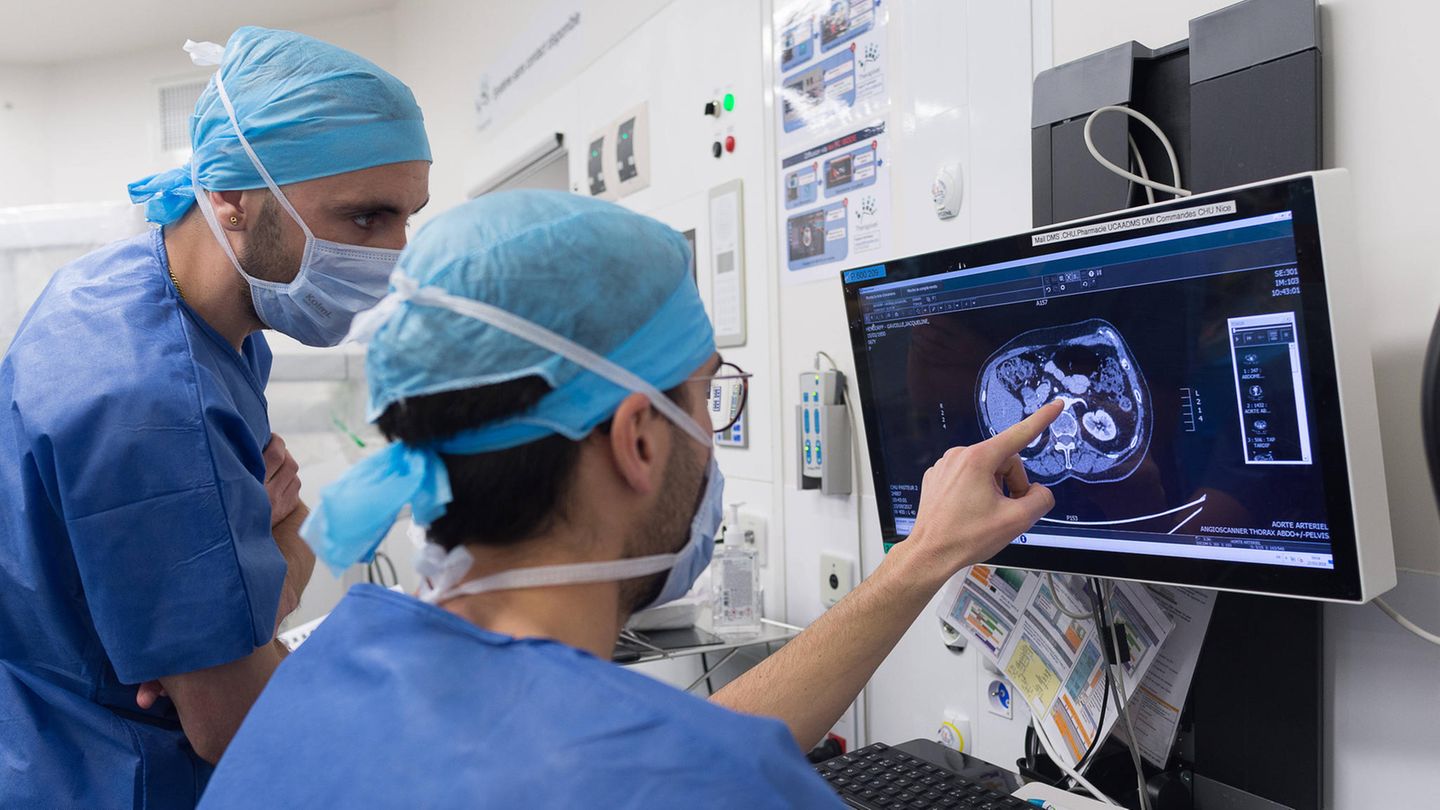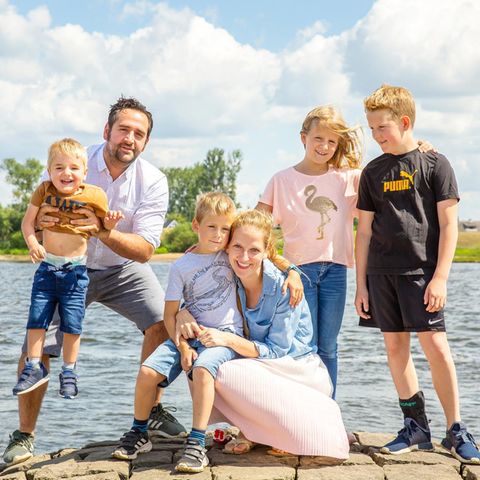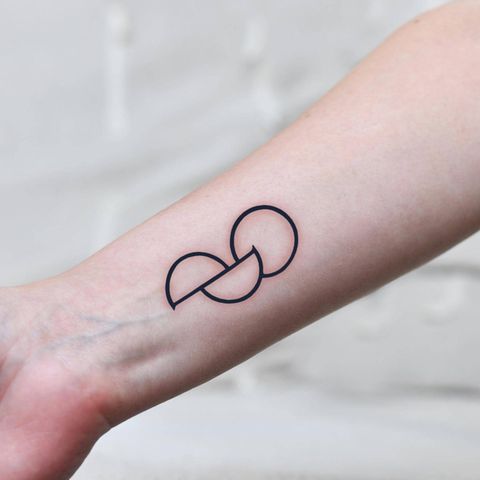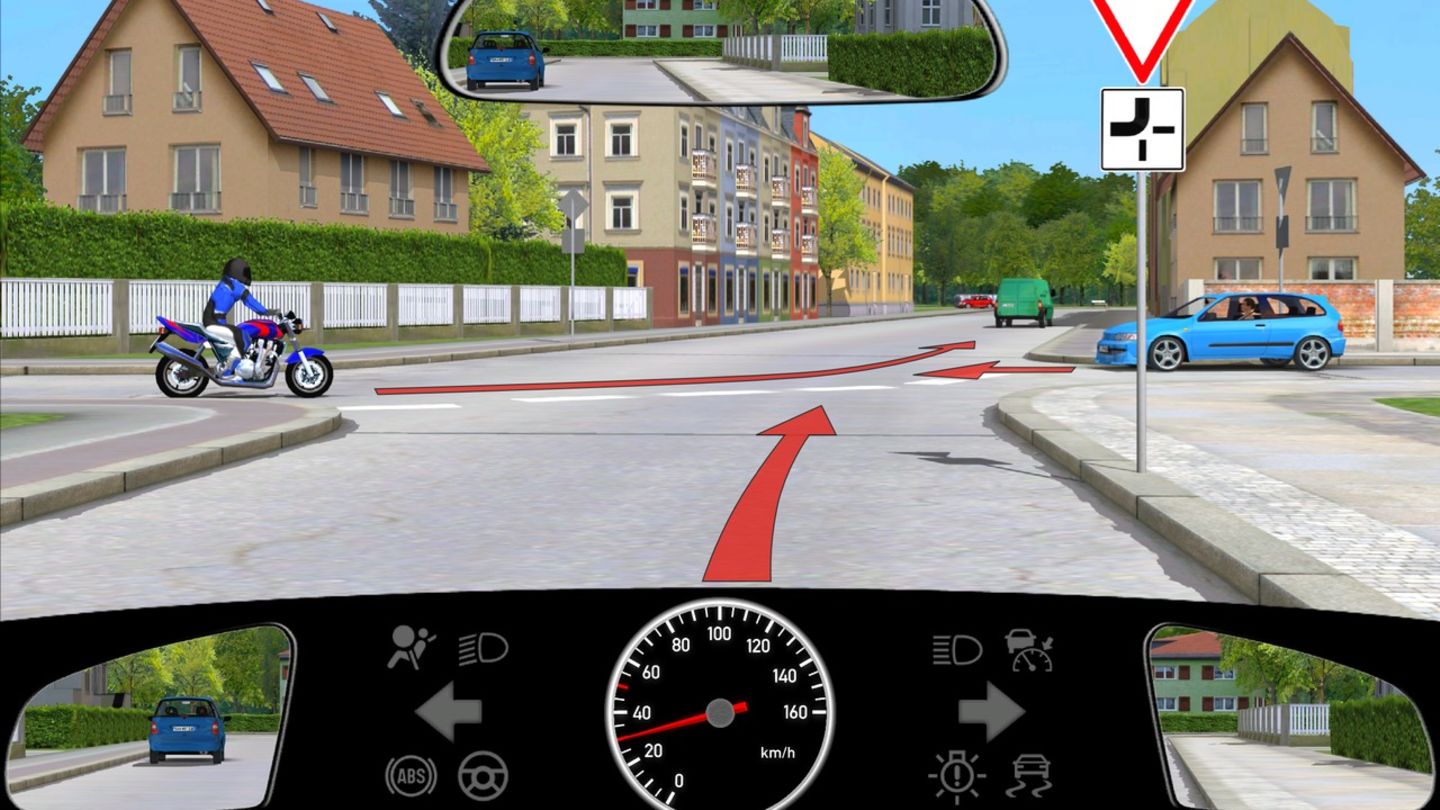interview
Doctors warn: “Germany is failing when it comes to organizing organ donations”
Copy the current link
There is still no objection solution for organ donations in Germany. The German nephrologist Fritz Diekmann, who works in Barcelona, explains why he believes it is necessary.
This Friday it will be decided whether there will be a new attempt in this legislature for the so-called objection solution, in which one must actively object to organ donation. The German nephrologist Fritz Diekmann heads one of the largest kidney transplant centers in Europe at the University of Barcelona. Last year, 230 kidneys were transplanted there.
In Germany, around 8,500 people are waiting for an organ donation. Two to three die every day because there is not enough Organs gives. Now several federal states and a group of members of the Bundestag have started a new attempt to resolve the objection. This stipulates that organs may be removed in the event of death – if no objection was given during lifetime. How useful is that?
Of course I’m partial. As a doctor, I am on the side of my patients. They all have kidneys whose function is no longer sufficient to support lifeht. In my view, the contradiction solution makes sense because it has been shown that, with the exception of the United States of America, the countries with the highest organ donation rates all have the contradiction solution.
It cannot be statistically proven that the contradiction solution increases the number of organ donations. For a study from 2019, 17 OECD countries with an objection solution were compared with 18 OECD countries with the regulation that also applies in Germany, which requires you to actively agree. Result: There was no significant difference in organ donations.
You would have to take a closer look at the methodology. But it is a fact that in Europe the ten countries with the highest organ donation rates all have the contradiction solution. Also Spain.
In 2023, Spain had a donation rate four times higher than Germany. Surely this can’t just be due to the contradiction solution?
The legal framework alone does not lead to a functioning organ donation system. The contradiction solution is a kind of target. Society uses this to express what is meaningful and desirable. In Germany, the prevailing attitude is that organ donation is a very personal decision and you can’t influence anyone.
What do you think is wrong with that?
This is about people who either have a very poor quality of life or even die without an organ transplant. They are in dire need. A society has a duty to address this need. This is only possible with organ donation. That is why Germany must redefine itself. The contradiction solution should be an integral part of this definition.
Critics say the contradiction solution contradicts the fundamental right to physical integrity.
The objection solution does not take away anyone’s right to make a decision. Again, this is about need. People die against their will if they do not receive the organ they need. And you can expect the adult, enlightened citizen to make a decision. There are also hard and soft contradiction solutions.
What does that mean?
In Spain, very few people have an organ donor card. Although this is not required by law, relatives are always asked whether they agree to organ donation. If the family says “no” and the deceased never spoke up during his or her lifetime, organ removal will not be carried out, even though it would be legally possible.
The family is also asked in Germany.
Yes, but the question is asked differently. In Germany the question is asked: Did the deceased express their desire to be an organ donor during their lifetime? In Spain the question is asked: Did the deceased say during his or her lifetime that he or she did not want to be an organ donor?
“Organ donation means saving a life when your own is irreparably lost.”
Why are Spaniards as a society much more willing to donate an organ?
Because they have much more positive associations with the topic of organ donation. In Spain, organ donation means saving lives when your own is irreparably lost. This also has something to do with trust and information. The introduction of the contradiction solution undoubtedly leads to a social discussion. And the practice and organization of organ donation will improve. Because Germany is failing when it comes to organizing organ donations.
A harsh judgment. To what extent failure?
When it comes to organ donation, it is very important to identify potential organ donors. So, people who are “brain dead” and are eligible for donation. So that these can then also become donorsn many organizational steps are necessary. The deceased person must be kept in a condition that allows organ removal. This is at least as complicated as treating a living, critically ill person in an intensive care unit. A clinic also has to take on this effort. And then you have to talk to the family of the potential organ donor, in a situation in which they are exposed to the greatest emotional stress. Many German clinics are not sufficiently prepared for this.
What would have to happen for this to improve?
In my opinion, we need an awareness campaign in the clinics. Organ donation must become a priority. The contradiction solution would also help here. Then you could measure how many intensive care beds and how many deaths a clinic has on the one hand and how many organ donors on the other. If a clinic continues to have below the average number of organ donations, one could check what the problem is and whether something needs to be structurally improved.
“Our system is designed to save lives”
But doesn’t that damage trust in organ donation? If clinics have targets for how many organ donations they have to show at the end of the year?
To what extent?
Can I still be sure that the clinic will do everything it can to save my life? Or that, when there is little hope anyway, she will let me die because she still needs an organ donor?
That can be ruled out. Our healthcare system is designed to save lives. German clinics sign that they will do everything necessary to preserve life. In practice, this often means that everything possible is tried in intensive care units, even though it has long been known that this life can no longer be saved. No one will die in a clinic because they need their organs. On the contrary: the technical equipment of intensive care units will become even better if they are even better prepared for organ donations. In the end, everyone benefits from this.
Reports like the one from the USA, where a man who had already been diagnosed with brain death, are also not helpful for trust.
Mistakes happen wherever work is done. However, such cases are absolute exceptions; I have not experienced a single such case in my many years of clinical experience. A brain-dead person is dead and will never wake up again. In my opinion, such dramatic individual cases are used to discredit the system. But this is like other wrong medical decisions where people are harmed. They will always exist and neither one nor the other legal regulation will change anything.
In Germany, it is not just the contradiction solution that is currently being discussed. The FDP called for organ donations to be permitted even after cardiovascular death, so-called DCD donations (donation after cardiocirculatory death). So far, this has only been possible after brain death has been confirmed. Is death being redefined here?
I’m not an ethicist. From a medical perspective, death is the end of life. This applies to brain death as well as to irreversible cardiovascular death. I believe that concepts are being confused in this discussion. You have to separate the seconds-long cardiac arrest as part of a resuscitation measure from the cardiac arrest as a sign of death. In Spain, where, like many other countries, DCD is already possible, there is a so-called “no touch time” of five minutes after a detected cardiac arrest. During this time the patient is observed but not touched. In some countries the time is longer. But it is impossible to survive five minutes of lack of blood circulation at room temperature.
But would the cardiovascular death criterion really help to significantly increase the number of organ donations?
Yes. In our clinic, almost 50 percent of kidney donations come from people who have been diagnosed dead in this way. And something else: Anyone who wants to become an organ donor in Germany can only do so if they have previously been diagnosed with brain death in the hospital. Otherwise his organs will be lost. With DCD, some organs can also be transplanted from deceased people that are not available under the current legal regulations in Germany. This would help save more people.
Source: Stern
I have been working in the news industry for over 6 years, first as a reporter and now as an editor. I have covered politics extensively, and my work has appeared in major newspapers and online news outlets around the world. In addition to my writing, I also contribute regularly to 24 Hours World.








